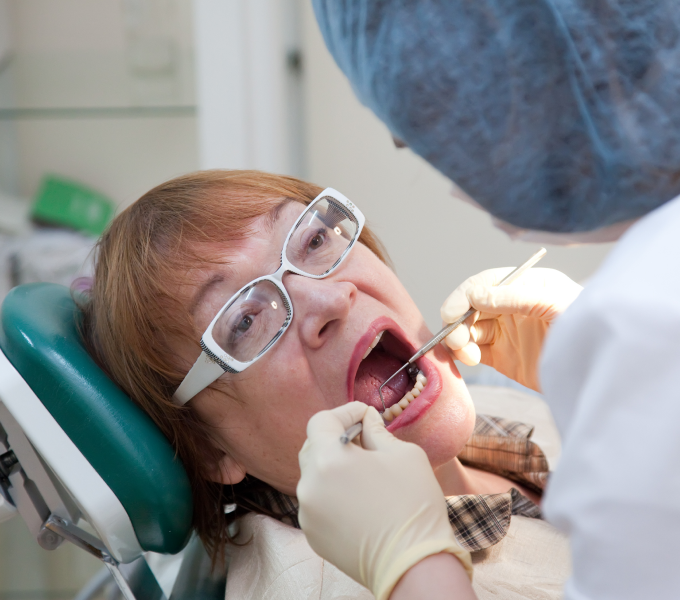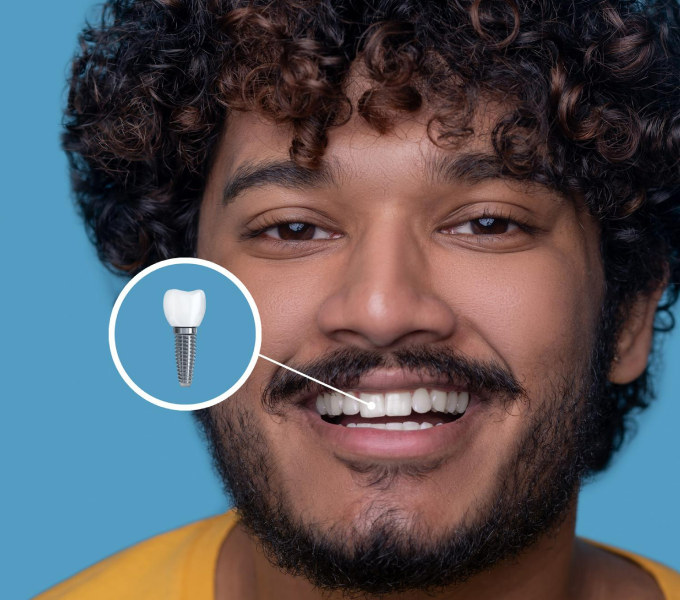Understanding Tooth Decay
Tooth decay occurs when the hard outer layer of your teeth, known as enamel, breaks down due to bacteria in your mouth. This bacteria feed on sugars from food and drinks, producing acid that wears away at the enamel. If left untreated, this process can create cavities that may require fillings or other dental treatments.
The good news is that with consistent care, tooth decay can often be stopped before it progresses to the point of needing a filling. By following simple oral hygiene tips and staying vigilant about cavity prevention, you can keep your smile healthy and strong.
Effective Oral Hygiene Tips to Prevent Tooth Decay
Good oral hygiene is the cornerstone of preventing tooth decay. It’s not just about brushing your teeth—it’s about adopting the right practices and habits to keep your teeth healthy in the long run. Here are some key oral hygiene tips:
1. Brush Your Teeth Twice a Day
Brushing your teeth twice a day, especially after meals, is one of the best ways to prevent tooth decay. Use a fluoride toothpaste, which helps remineralize enamel and fight the acids that cause decay. Make sure to brush for at least two minutes to clean all surfaces of your teeth thoroughly. Brushing too hard can damage your gums, so be gentle yet effective.
2. Floss Daily
While brushing cleans the surfaces of your teeth, flossing helps remove food particles and plaque from between your teeth, where your toothbrush can’t reach. Flossing once a day ensures that your gums remain healthy and that bacteria don’t build up in these hard-to-reach areas. Cavity prevention begins with keeping every part of your mouth clean.
3. Use Mouthwash
An antibacterial mouthwash can help reduce plaque and bacteria in your mouth. It’s not a substitute for brushing and flossing, but it’s an excellent addition to your daily routine to fight off germs that cause tooth decay.
4. Change Your Toothbrush Regularly
A worn-out toothbrush is less effective at cleaning your teeth. It’s essential to replace your toothbrush every three to four months or sooner if the bristles are frayed. Using a fresh toothbrush ensures that you’re cleaning your teeth more effectively, which is crucial in preventing tooth decay.
Dietary Habits for Cavity Prevention
What you eat has a direct impact on your dental health. Consuming sugary and acidic foods increases the likelihood of tooth decay, as they fuel the bacteria that cause cavities. Here are some dietary tips that can help with cavity prevention:
1. Limit Sugar Intake
Sugar is one of the main culprits behind tooth decay. It fuels harmful bacteria that produce acid, which can erode tooth enamel. Limiting sugary snacks and drinks, such as candy, soda, and juice, helps in preventing tooth decay. If you must consume sugary foods, try to brush your teeth afterward to minimize the effects.
2. Drink Plenty of Water
Water is essential for overall health, but it also plays a crucial role in your oral health. Drinking water helps rinse away food particles and bacteria from your mouth. It also encourages saliva production, which helps neutralize acids and wash away harmful bacteria. Water, especially fluoridated water, plays a role in cavity prevention.
3. Eat Tooth-Friendly Foods
Certain foods help in strengthening teeth and promoting oral health. Dairy products like cheese and yogurt are rich in calcium and phosphorus, which help protect enamel. Additionally, crunchy fruits and vegetables, such as apples and carrots, help remove plaque from your teeth while also stimulating saliva production.
Regular Dental Checkups for Tooth Decay Prevention
Even with a solid at-home oral care routine, regular dental checkups are essential in preventing tooth decay and catching problems early. At SmileOn Family Dentistry, we recommend visiting your dentist at least twice a year for a professional cleaning and examination. Here’s why:
1. Early Detection of Tooth Decay
Your dentist can spot signs of early tooth decay that might not be visible to you. With routine checkups and cleanings, your dentist can catch problems before they become cavities that require fillings. Early intervention is key to preventing tooth decay.
2. Professional Cleanings
No matter how well you brush and floss, plaque and tartar can still build up on your teeth over time. Professional cleanings remove plaque and tartar, reducing the risk of cavities and gum disease. Regular cleanings help in cavity prevention by keeping your teeth and gums in optimal health.
3. Fluoride Treatments
Fluoride is a mineral that strengthens enamel and helps in the remineralization process. During your dental visits, your dentist may recommend fluoride treatments to help prevent cavities. Fluoride plays an important role in cavity prevention, particularly for patients who are at higher risk for tooth decay.
Other Important Tips for Tooth Decay Prevention
1. Avoid Smoking
Smoking is not only bad for your overall health, but it also contributes to tooth decay and gum disease. The chemicals in tobacco can weaken your enamel and make your teeth more susceptible to decay. Quitting smoking is a critical step in preventing tooth decay.
2. Use Dental Sealants
Dental sealants are thin coatings applied to the chewing surfaces of your back teeth (molars) to protect them from decay. They act as a barrier against food particles and bacteria that can cause cavities. Sealants are a highly effective form of cavity prevention for both children and adults.
3. Chew Sugar-Free Gum
Chewing sugar-free gum can help stimulate saliva production, which helps neutralize acids and wash away food particles and bacteria. It’s an easy habit to incorporate into your daily routine to support oral hygiene and cavity prevention.
Conclusion: Prevention is Key
Preventing tooth decay is all about consistency and adopting healthy habits. By following these oral hygiene tips, managing your diet, scheduling regular dental visits, and staying proactive about cavity prevention, you can significantly reduce your chances of developing cavities and avoid the need for fillings. At SmileOn Family Dentistry, we believe in the power of prevention. A little effort goes a long way in maintaining a healthy smile.
Remember, preventing tooth decay doesn’t have to be difficult. With the right steps, you can keep your teeth in top shape and avoid unnecessary dental procedures. If you’re ready to take action and ensure your smile stays healthy, contact SmileOn Family Dentistry today to schedule a checkup and make your oral health a priority.




